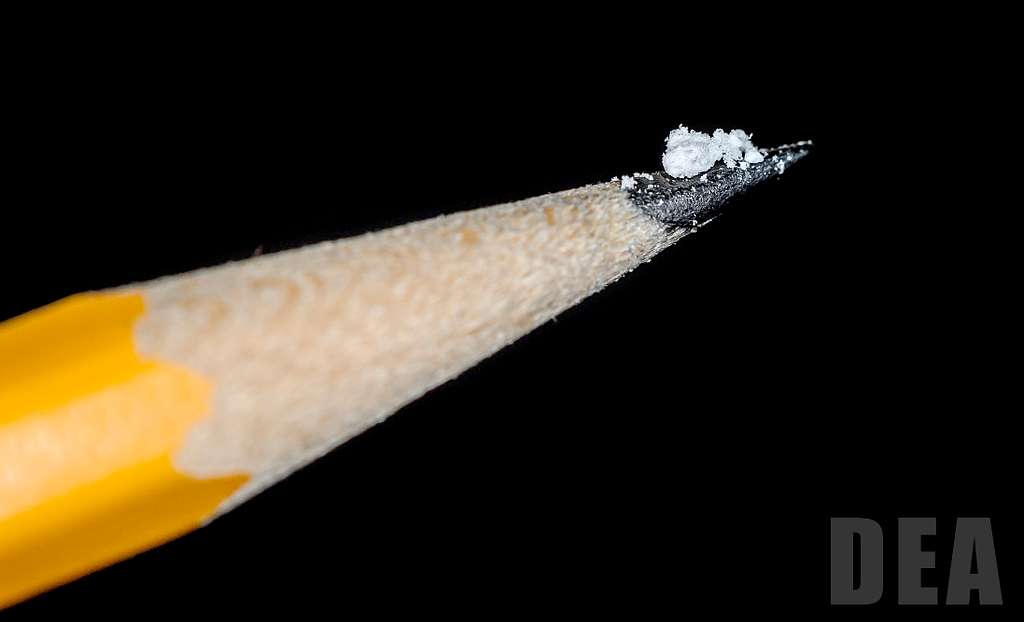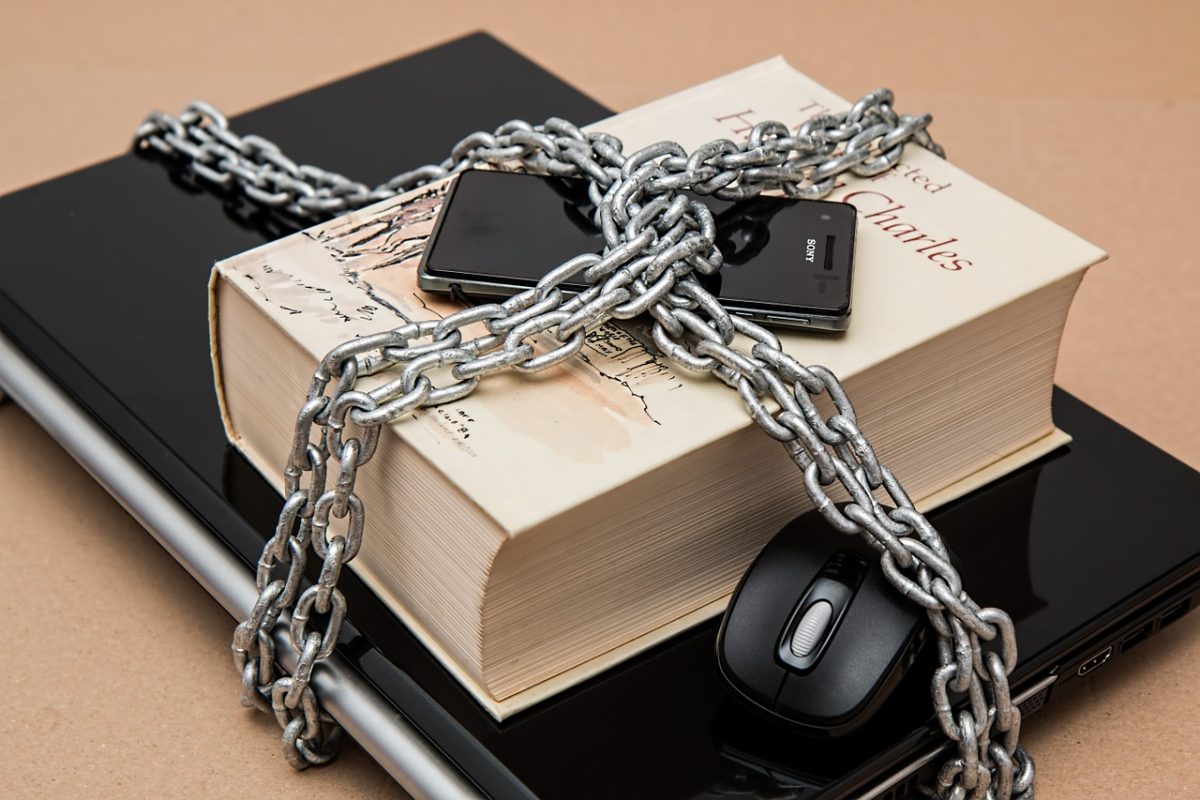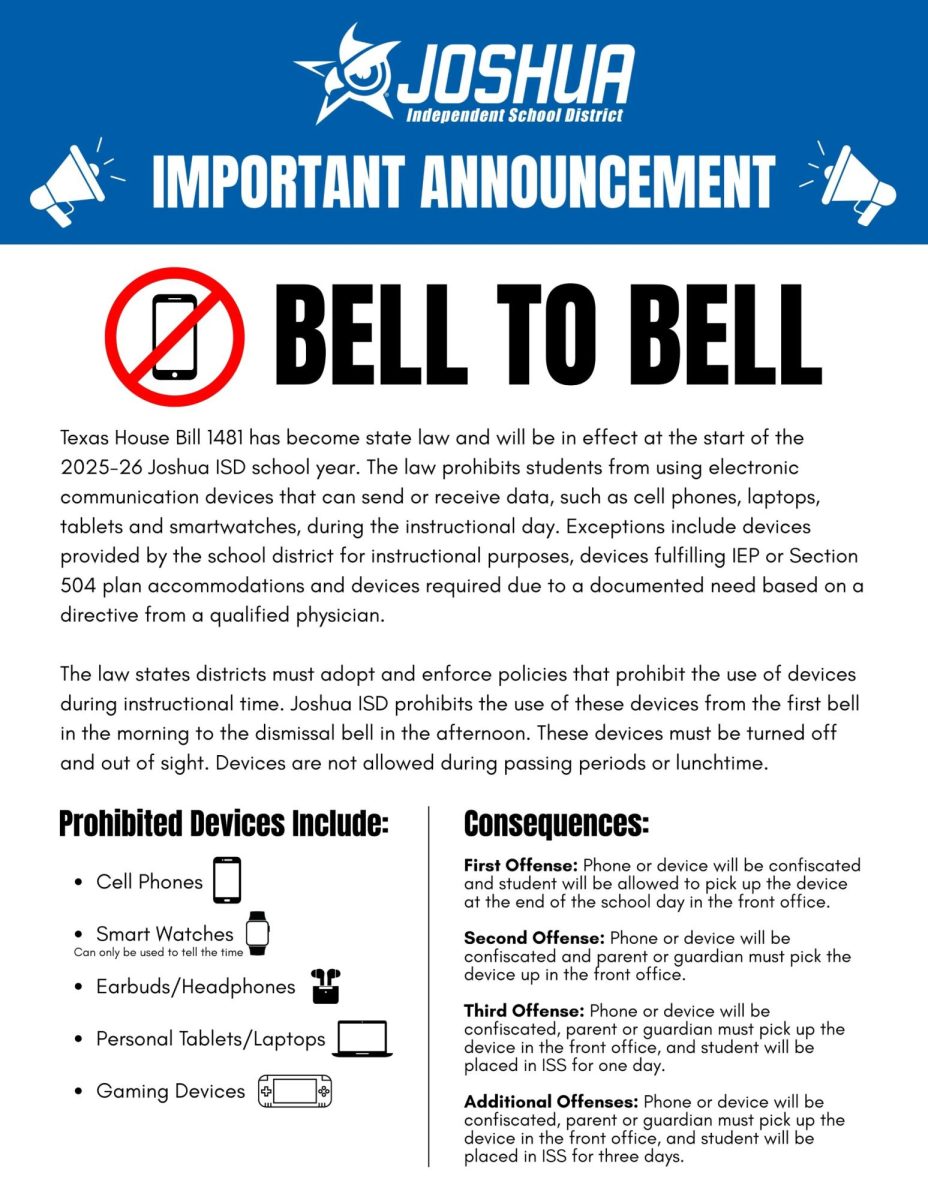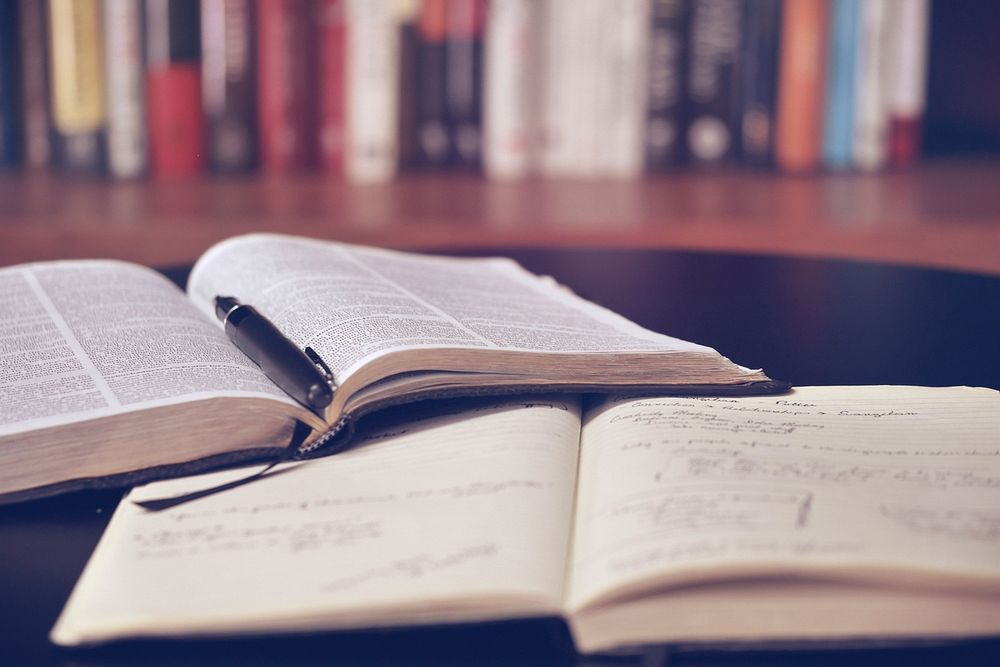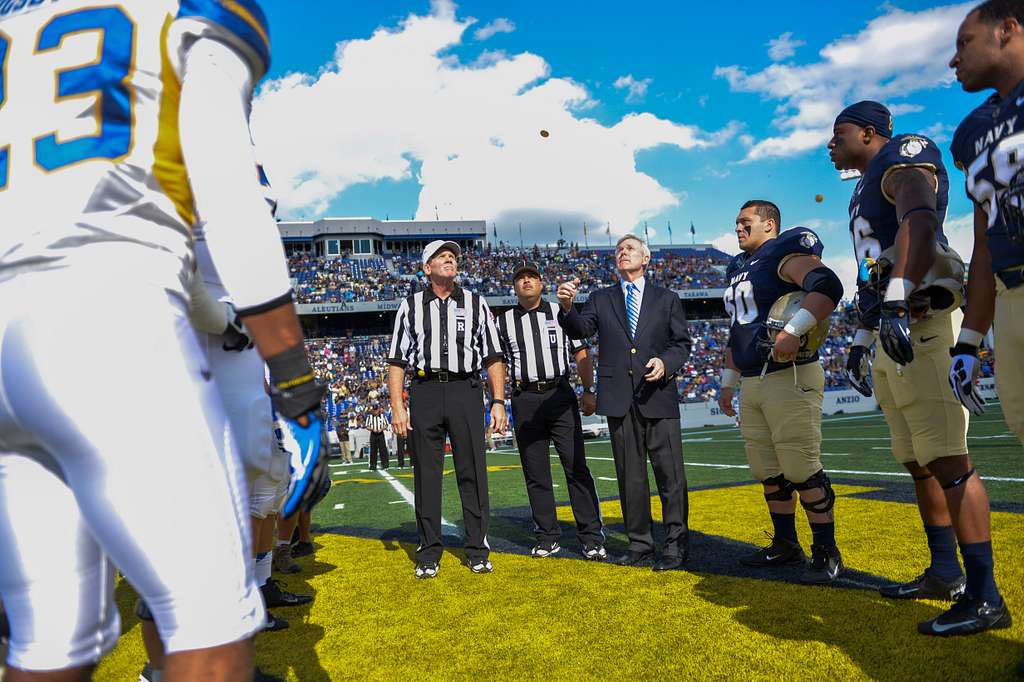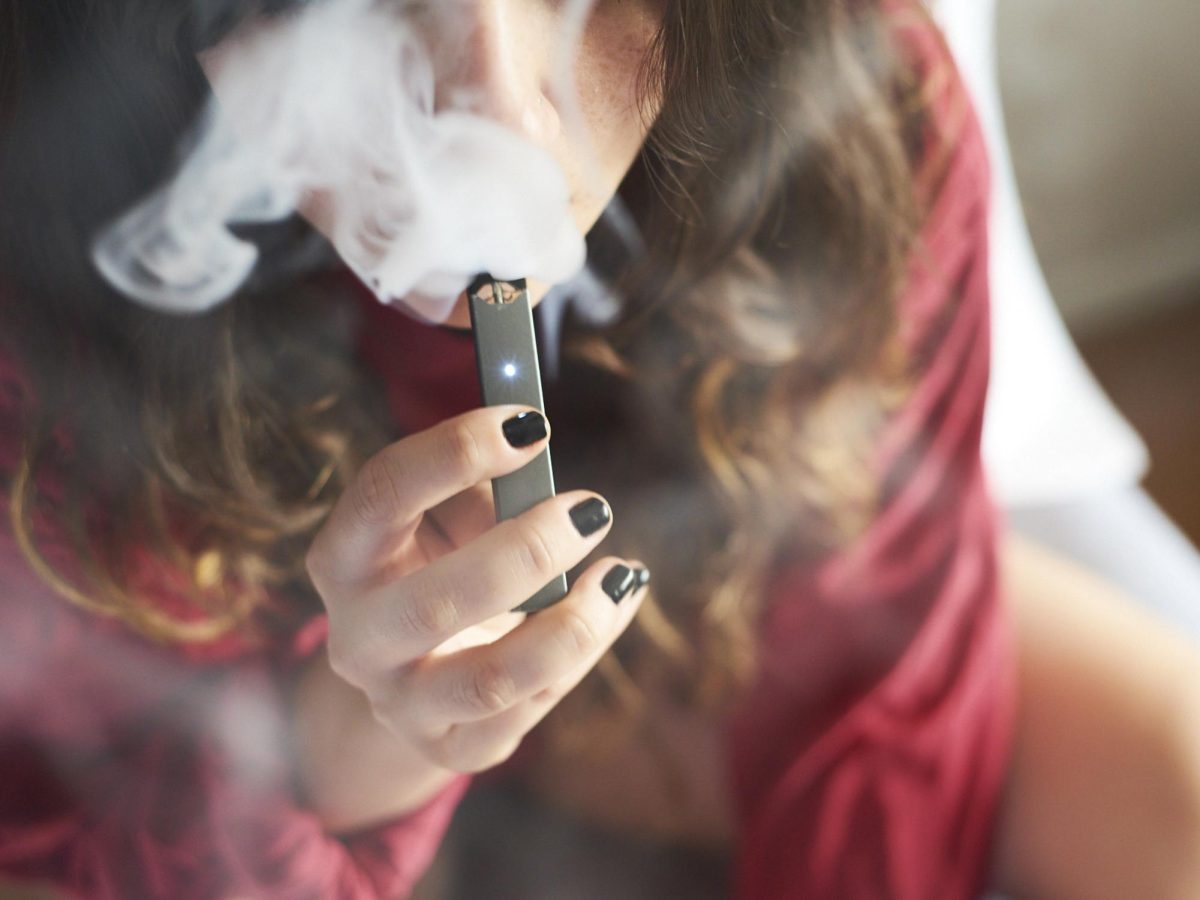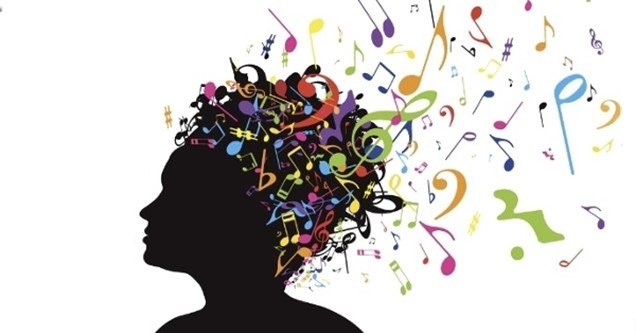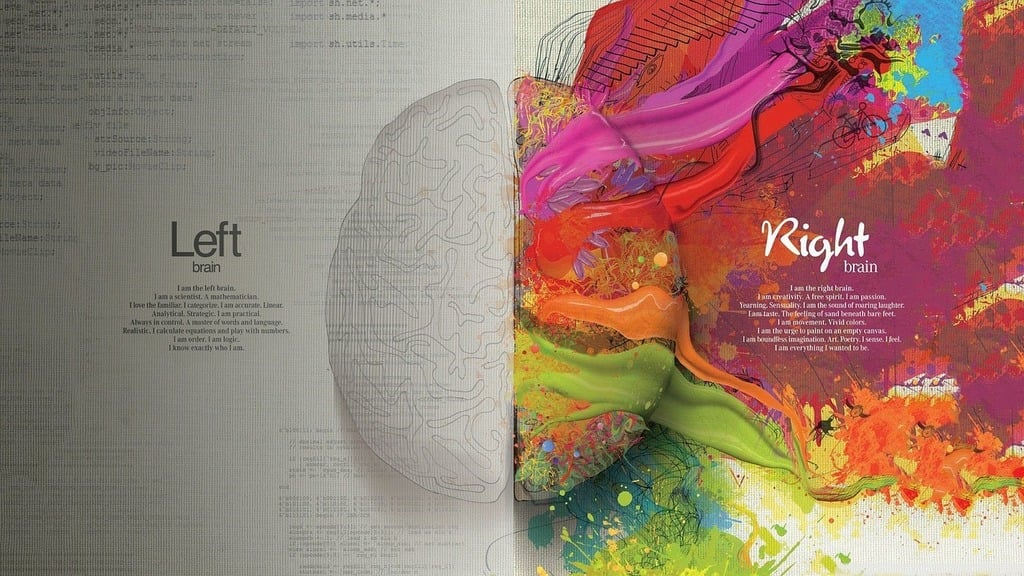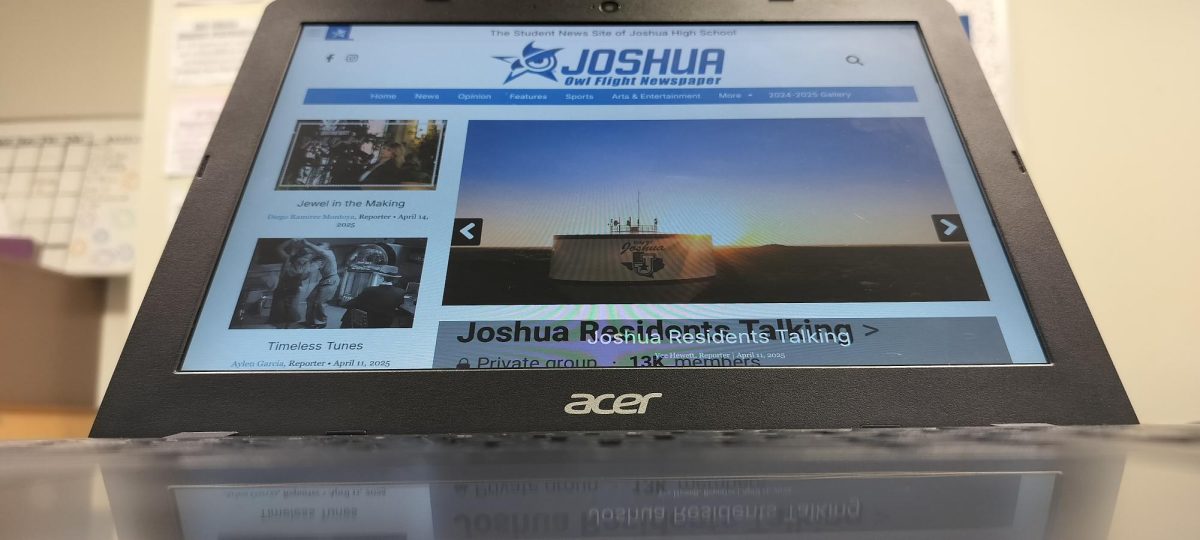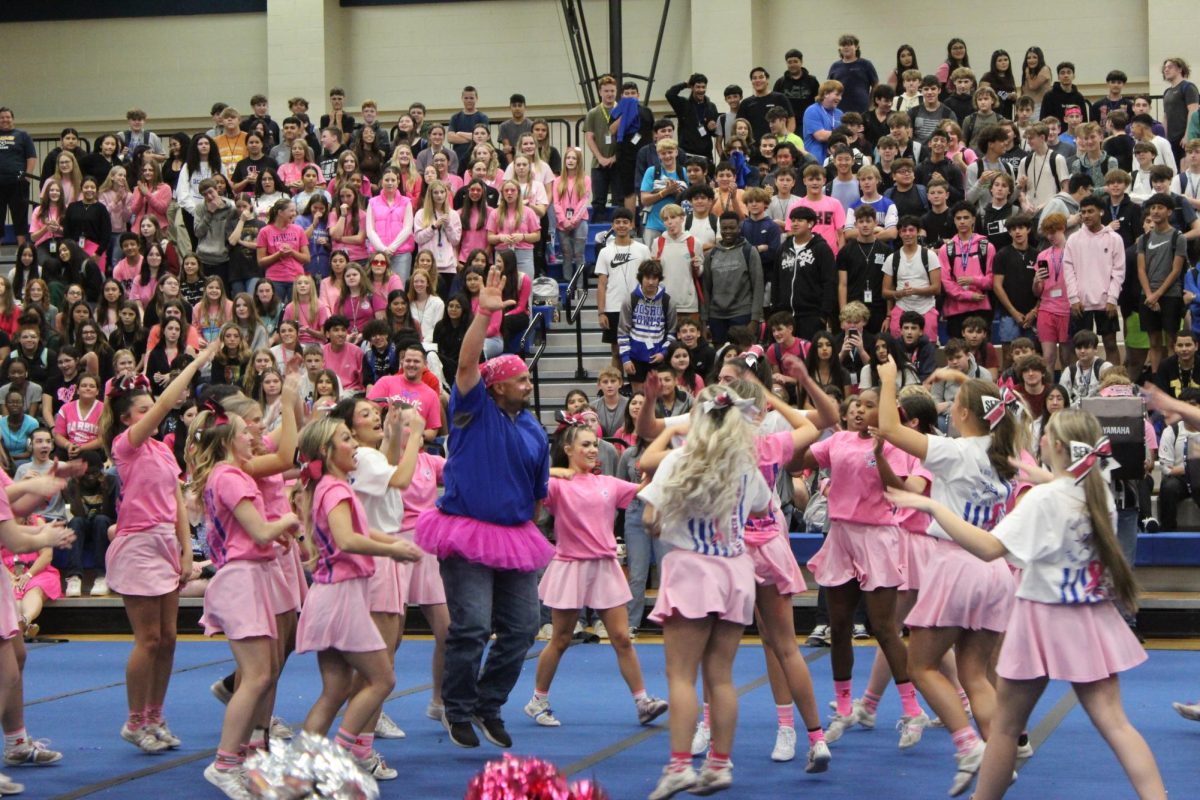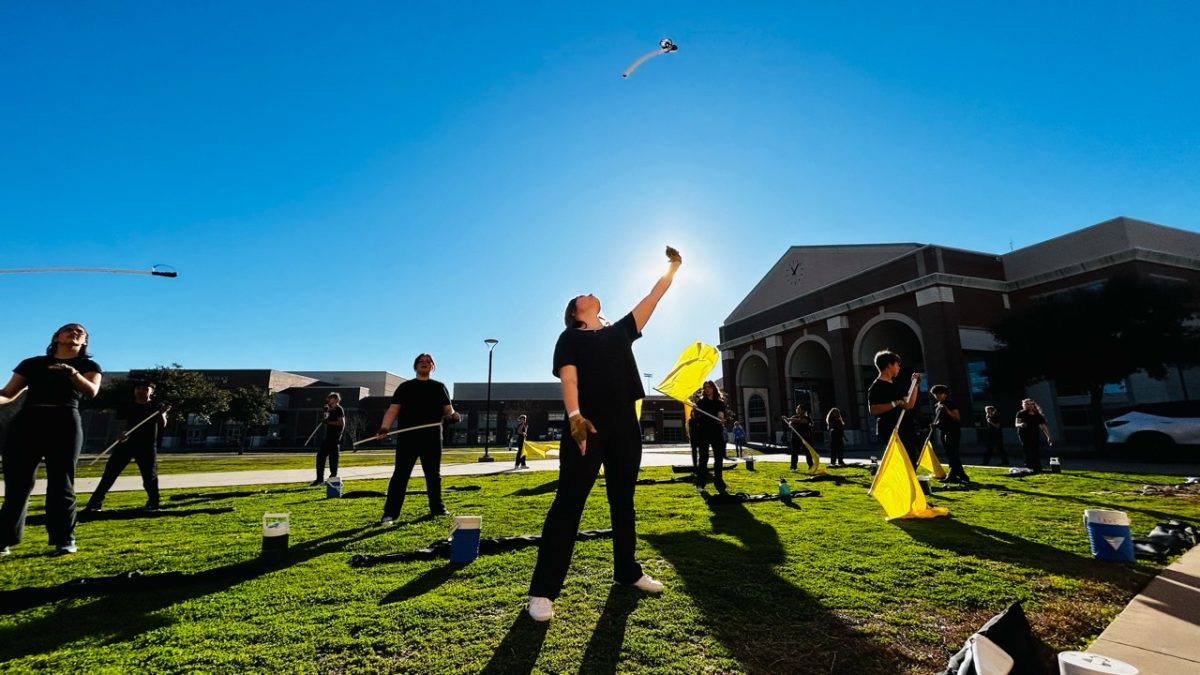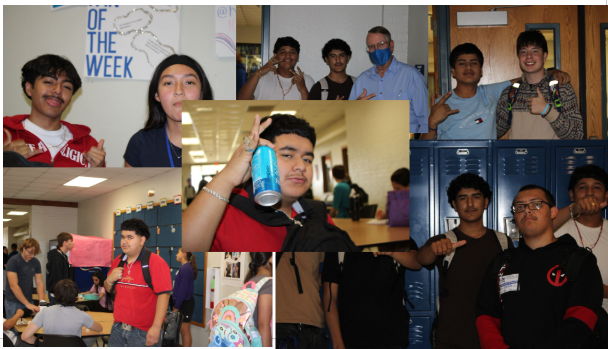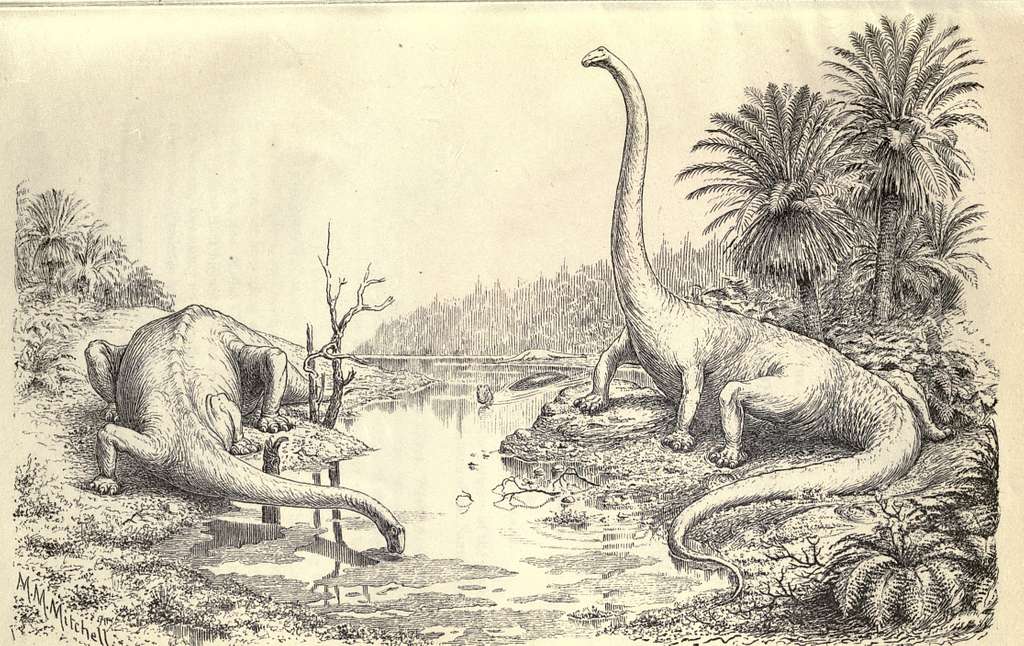In today’s fast-paced academic environment, students increasingly turn to energy drinks as a quick fix to keep up with their daily schedules. Whether it’s a late-night study session or an early morning class, teenagers’ usage of caffeine has become a common way to cope with a lack of energy. While this may be a speedy solution to fix lethargy, the growing trend of excessive caffeine use raises concerns about health problems.
“What my friends like to call ‘an addiction’ started around the COVID pandemic lockdown,” junior Vee Hewett said. “It wasn’t nearly as bad as it is now. I started drinking coffee to help me get through online classes. However, in freshman year, I started drinking Red Bull. I really love Red Bull, so much so that a simple eight-ounce can of it can drastically change the way my day is going. It’s gotten to the point where all my friends and family know me very well for being addicted to it.”
Energy drinks may be a great way for students to get up for the day, but they can also cause health concerns, especially in teens. Adolescents between 12 and 18 are recommended to limit their caffeine intake to less than 100 milligrams a day. Caffeine content ranges based on the drink, however, typical energy drinks contain 80-150 milligrams of caffeine per eight ounces. Bang, Celsius heat, and Rockstar Xdurance are the energy drinks containing the highest caffeine content, at 300 milligrams per can.
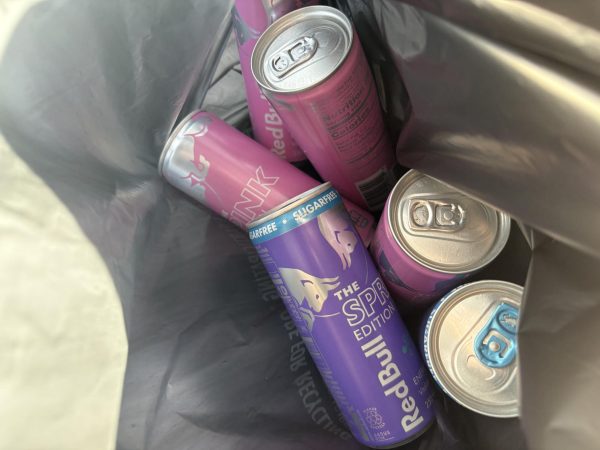 “It’s kind of embarrassing to admit, but sometimes I drink up to four energy drinks a day,” an anonymous junior said. “I notice myself kind of feigning without my daily Red Bull; I’ll start to get shaky and feel weird. Same thing goes for coffee. I drink them to start my day, then I drink another to get me through school, then I’ll have another to get me through work, and sometimes I’ll have another just because.”
“It’s kind of embarrassing to admit, but sometimes I drink up to four energy drinks a day,” an anonymous junior said. “I notice myself kind of feigning without my daily Red Bull; I’ll start to get shaky and feel weird. Same thing goes for coffee. I drink them to start my day, then I drink another to get me through school, then I’ll have another to get me through work, and sometimes I’ll have another just because.”
Addiction is not something teenagers should be dealing with in high school. Caffeine is technically classified as a drug since it stimulates the nervous system. Just like any other drug, high intake can lead to increased tolerance, requiring more of the substance to achieve the same effects. High intake can cause multiple health problems, such as insomnia, anxiety, heart problems, as well as high blood pressure.
“The longest I’ve gone without having an energy drink would be a week,” junior Marjorie Cowen said. “After that week I noticed that my depression started acting up again, and my migraines became horrible. I was constantly feeling shaky and anxious about everything. It doesn’t feel like an addiction, but whenever I think about it I understand why people would think so.”
There are multiple other caffeine alternatives that are much healthier than energy drinks, such as teas. Many teas contain caffeine, without the excessive amount of chemical additives that are typically found in energy drinks. Matcha is one of the more popular choices. Matcha is incredibly versatile and can be enjoyed in a variety of ways, making it a great choice for many. Some people enjoy it in lattes, smoothies, or even lemonades. Its natural caffeine content provides a gentle, yet sustained energy boost without the jitters commonly associated with artificial caffeine.
“I drink matcha like three or four times a week,” junior Brenlee Burns said. “It makes me feel awake, but not hyper. I like drinking it in an iced latte, but everyone has their preferences. I think energy drinks taste too synthetic, so I like matcha because it tastes more natural. I also feel like a skinny queen whenever I drink matcha, and I never have to worry about becoming super addicted.”

